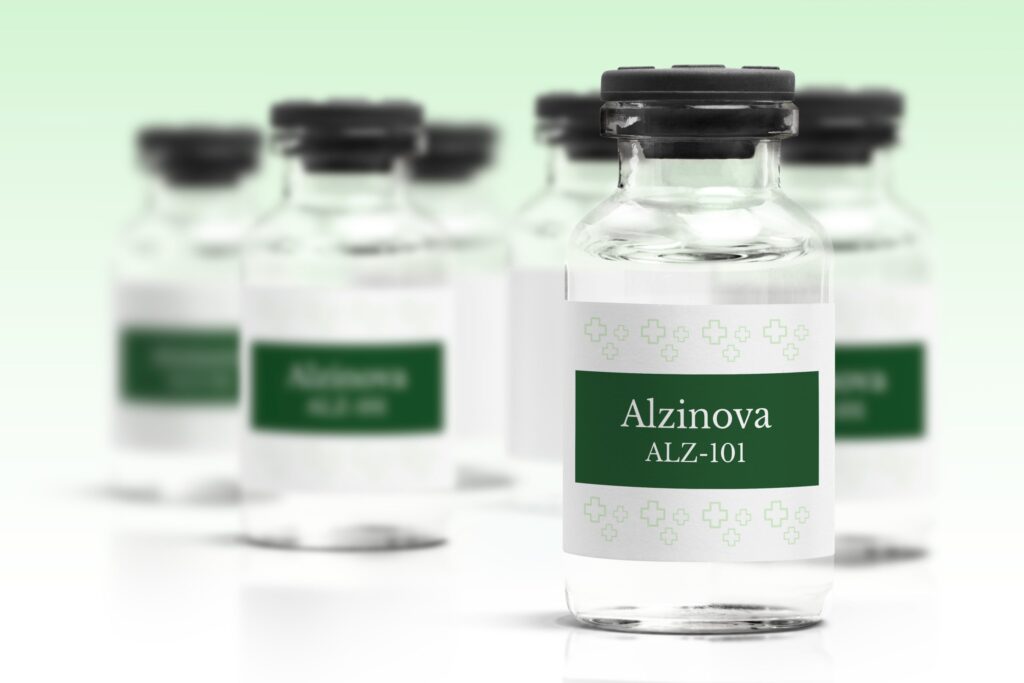Vaccine selectively targets toxic forms of amyloid-beta that impair synaptic function and contribute to cognitive decline.
Swedish biotech Alzinova has received Fast Track designation from the US FDA for its vaccine targeting Alzheimer’s disease. The news comes hot on the heels of the company securing FDA approval of its Investigational New Drug (IND) application, allowing it to proceed with a Phase 2 clinical trial in the United States.
The vaccine, called ALZ-101, is designed to stimulate the immune system to produce antibodies that selectively target toxic amyloid-beta oligomers – soluble, prefibrillar forms of amyloid-beta that are believed to play a central role in the neurodegenerative process. Unlike plaque-targeting therapies that bind to a broad mix of amyloid forms, Alzinova’s vaccine is built on proprietary peptide technology that enables precise targeting of neurotoxic forms of amyloid-beta.
The technology approach being taken by the company seeks to address a long-standing challenge in Alzheimer’s research: the structural instability and heterogeneity of amyloid-beta oligomers. Alzinova’s peptide design introduces a covalent disulfide bond to stabilize these oligomeric structures, producing an antigen that can safely and effectively trigger an immune response, prompting the body to generate highly selective antibodies capable of distinguishing toxic oligomers from other species.
By directing the immune system to produce these oligomer-specific antibodies, ALZ-101 aims to neutralize the pathogenic amyloid-beta species that impair synaptic function and contribute to cognitive decline. The company suggests that its vaccine approach may offer advantages in durability, patient adherence and scalability compared with repeated antibody infusions.
The FDA’s Fast Track designation is intended to expedite the development and review of drugs that treat serious conditions and address unmet medical needs.
“This designation follows encouraging safety and efficacy data from our completed Phase 1b clinical trial, demonstrating early indication of clinical benefit as well as mechanistic data supporting the activity of ALZ-101,” said Alzinova CEO Tord Labuda.
According to Alzinova, the company’s Phase 1b study showed good tolerability and a high immune response rate. The recently approved Phase 2 multicenter study is expected to enrol approximately 240 participants with early Alzheimer’s disease.
“The approval gives us the green light to initiate the Phase 2 study in the US and to build on the promising results from Phase 1b, while for the first time evaluating our vaccine candidate in a larger patient population,” said Labuda.
The new study will assess safety, tolerability and efficacy, using the Alzheimer’s Disease Composite Score (ADCOMS) as the primary cognitive endpoint. Secondary measures will evaluate additional cognitive and functional outcomes, as well as safety and immunogenicity.
It should be noted that Alzinova’s broader development strategy extends beyond vaccines. The company’s second candidate, ALZ-201, currently in preclinical development, is a monoclonal antibody generated using the same peptide technology.

